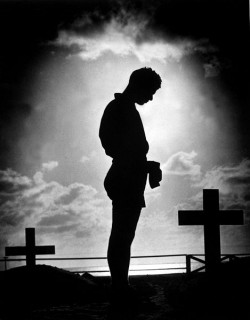Gerald May - The Process of Prayer
~ A quote from Shalem News, Winter, 1984
 “Sometimes, instead of praying, I find myself thinking about praying; evaluating how I’m praying, figuring out what is proper or most effective. While these mental gymnastics may be well intentioned, and in fact have some real value as reflections before or after prayer, their effect during prayer is to keep me from really praying. They keep me in the mind and out of the heart.
“Sometimes, instead of praying, I find myself thinking about praying; evaluating how I’m praying, figuring out what is proper or most effective. While these mental gymnastics may be well intentioned, and in fact have some real value as reflections before or after prayer, their effect during prayer is to keep me from really praying. They keep me in the mind and out of the heart.
As long as attention resides solely in the mind, we may spend our time producing scenes in which images of ourselves pray to images of God. This can become very effortful and can lead to a kind of “pretending” at prayer. Real prayer requires at least an attempt to leave such mental struggles and allow our attention to sink deeply, simply, and nakedly into the heart. Bringing attention to the heart is not a complicated process, but it does take real intention and courage. It involves a gentle, steady and wakeful willingness to let ourselves be just who we are before God and to let God be just how God will be within us. This demands no special generation of images. Nothing need be contrived or censored. It is a disarmingly simple matter of relaxing and allowing whatever we really feel, perceive, want or fear to surface as it will. It is seldom easy and sometimes impossible to be successful at this, but the attempt needs to be made.
Courage is necessary because what we experience at this heart level may be so painful, boring, frightening, or beautiful we can hardly bear it, and the deeper perceptions of “me” and God that emerge may be threateningly unlike our usual mental images. To remain in the heart and permit such a fierce and simple honesty is the real work of prayer.” – Gerald May, 1940-2005
Gerald May was the author of The Wisdom of Wilderness: Experiencing the Healing Power of Nature, The Dark Night of the Soul: A Psychiatrist Explores the Connection Between Darkness and Spiritual Growth, Addiction and Grace, and other titles. He facilitated workshops on psychology and spirituality. Interestingly, he was the younger half-brother of the author and existential psychologist, Rollo May.


